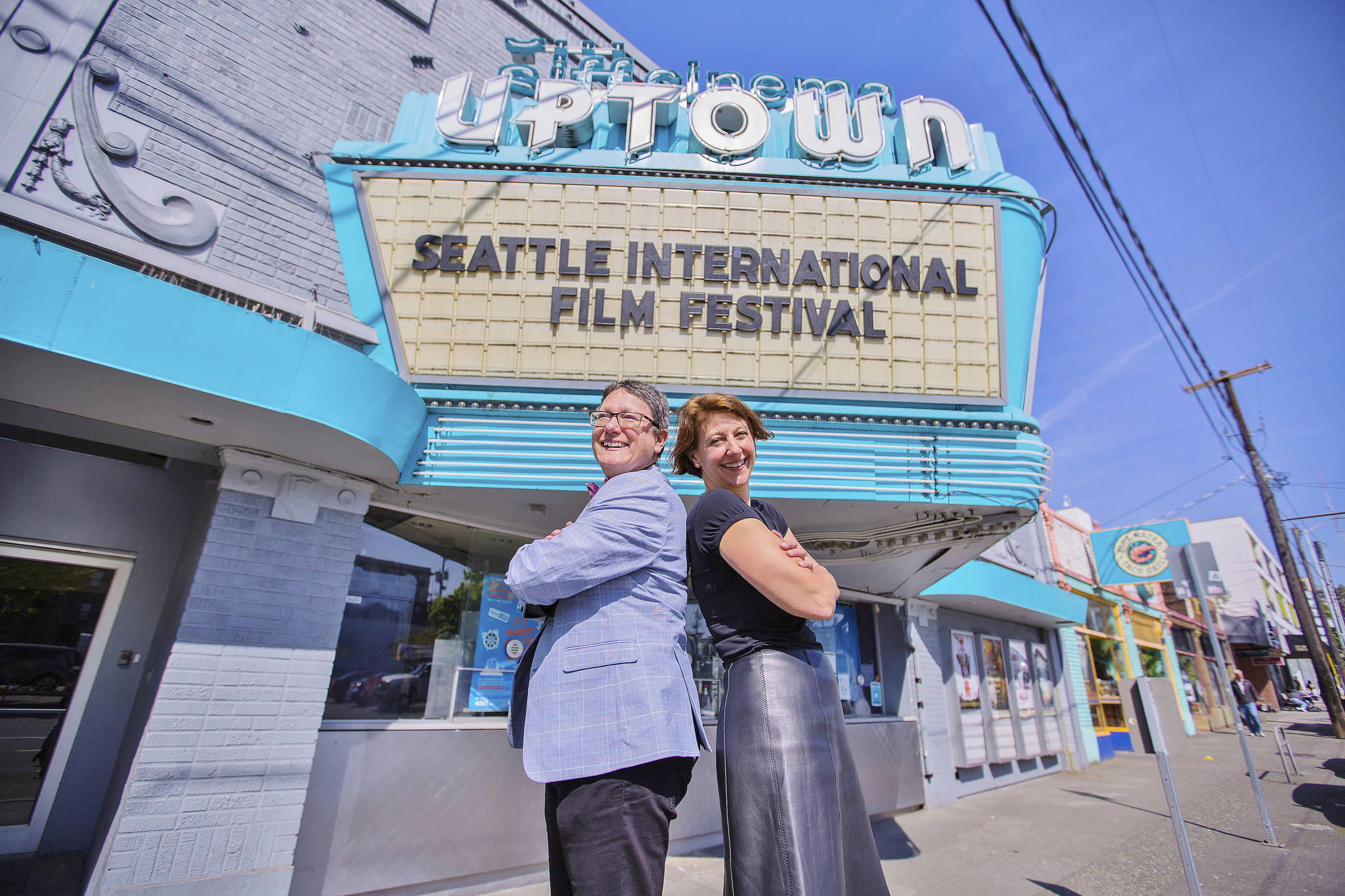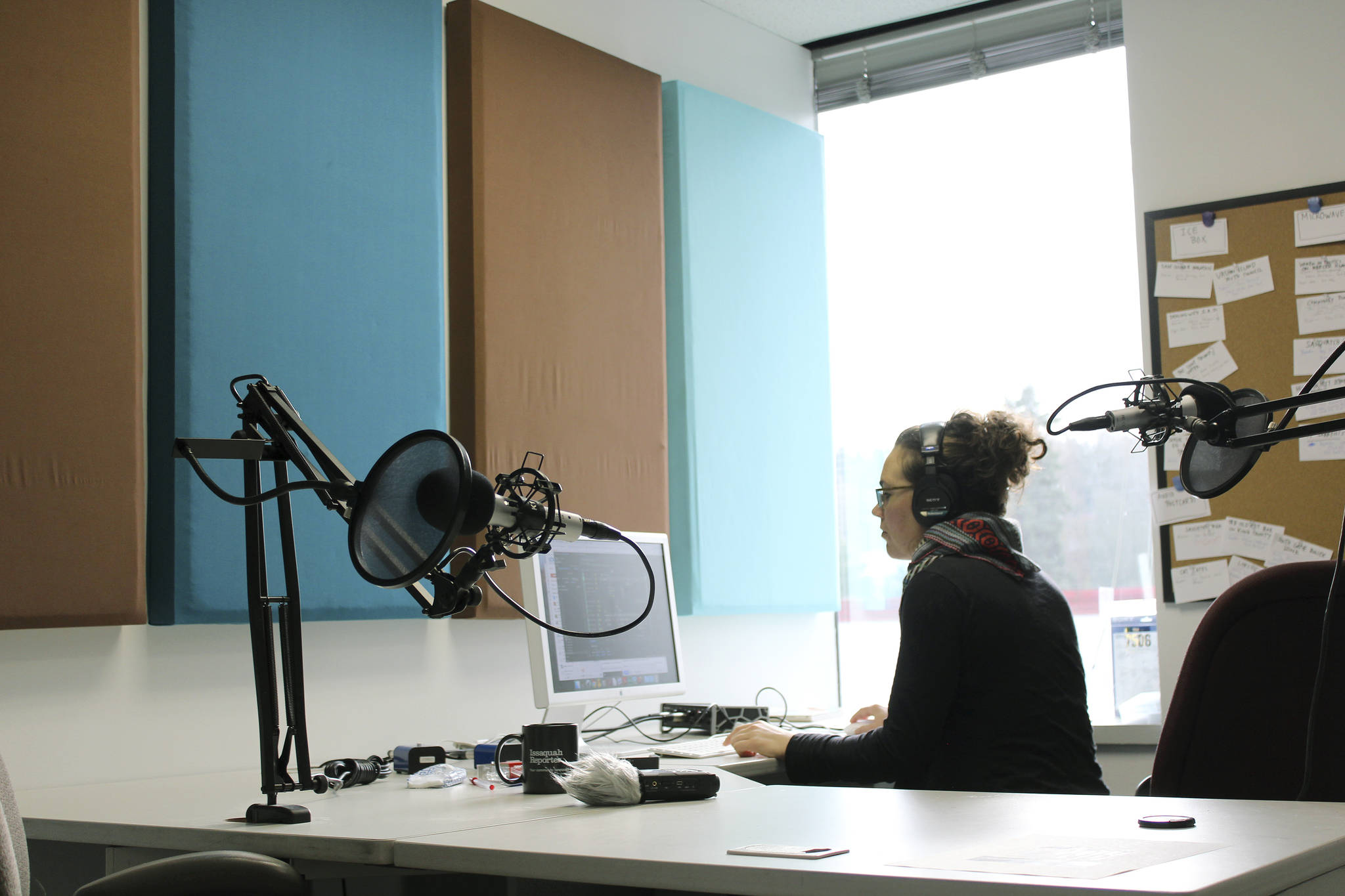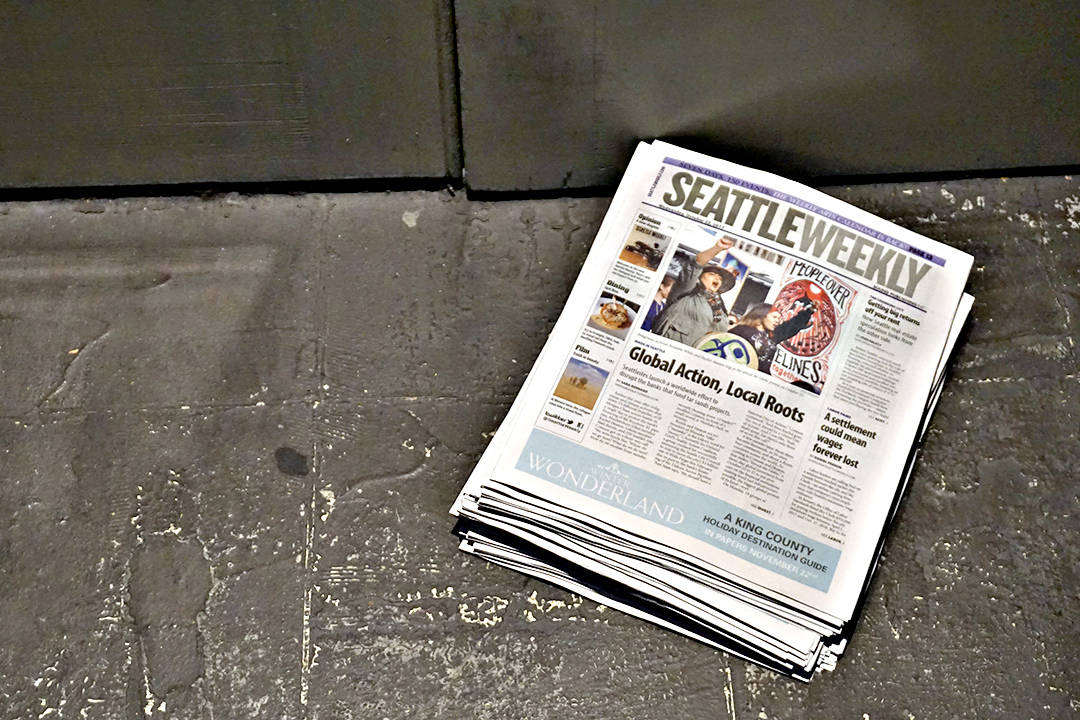It’s been 50 years since a young academic named David Brewster moved from the East Coast to a sleepy Seattle. Since then, the city has changed dramatically, and Brewster has been a catalyst for much of that change, first as the founding publisher and editor of this newspaper—a role he held for 21 years before selling the paper in 1997—and then as the founder of the event space Town Hall, the online news outlet Crosscut, and other more minor yet still high-minded concerns. This week, at age 76, he will embark on his latest venture, Folio.
A membership library located in the downtown YMCA building, this new institution will provide Seattleites willing to fork over $125 a year a place to study, write, and collaborate. It will also serve as a quasi-public space offering concerts, lectures, and other programming that its founder hopes will cultivate the creative energy in this city. I spoke to Brewster about his latest venture and his legacy.
SW:
You’ve been getting some press on Folio and it’s been receiving some wary responses. Were you surprised by that?
What about the charge that this is an elitist institution?
My answer to that is that it’s $10 a month, which is very reasonably priced. And anyone can join Folio; there’s no question of who are your ancestors or what is your business. These membership libraries have always been leaders in democracy from the beginning, in the 18th century. They had women, they had people who disliked books; they were in no sense an elite organization. And here we are at the Y, and the Y is a wonderful broad-based organization for all kinds of people, all sorts of ethnicities, but of course you have to pay to belong. And the bus system is a public system, but you have to pay in order to get on. Supporting things of worth with membership dues, like public radio, seems to me to be a thing that, once people stop and think about it, yes, that goes on all the time.
You recently wrote a piece in
The
Seattle Times
about the KUOW buyout of KPLU. It felt a bit Pollyanna-ish, downplaying the role an independent KPLU could serve. Do you think that public opposition to the buyout comes from this same place of resistance to new ideas?
Well, I certainly took a storm of criticism from that, and I’ve come to change my mind in seeing the intensity of the loyalty to an independent KPLU. I liked, in general terms, the idea of consolidation of nonprofits and smaller media. I think the result of the decline of the Seattle Post-Intelligencer and the decline of mainstream journalism has been that we have too many fractured organizations that don’t have the throw-weight to really do the stories or enough financial support to be sustainable. So in that context, I liked the idea of having one station being very dominant and really challenging the leading newspaper in town.
Why don’t you get more involved in creating that entity?
I’ve reached the point of not wanting to be involved in any media or certainly starting up anything. But the town doesn’t have much in the way of media criticism, and, as in that story, I like to provoke. I wanted to voice the unpopular but plausible idea that the combination of those two radio stations would be a good thing. I think that what I have found is that the loyalty to KPLU and their way of doing it and also the stubbornness of the staff of wanting to keep doing KPLU the way it is, even though their license holder no longer wants to sustain them, is perhaps a good-enough argument for keeping that independent voice. Or, to put that another way, an indication that the marriage is not going to be terribly successful.
How does Folio fit into your legacy?
You know, I came originally out to Seattle in 1965 to teach English at the University of Washington as an assistant professor, so returning to literature is kind of a neat closing of the circle for me. I think of Folio as a nice last movement where the themes of earlier movements are still to be heard. E
mbaumgarten@seattleweekly.com
This interview has been edited for length and clarity.







